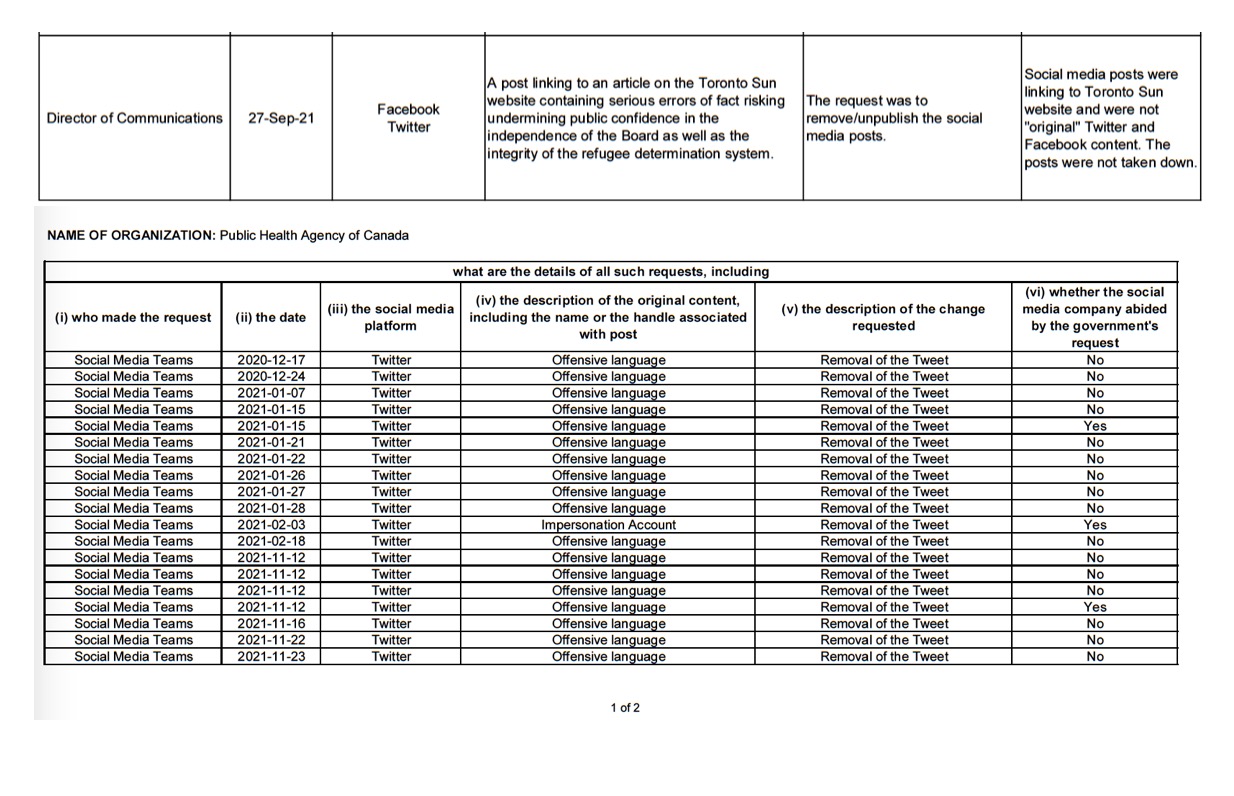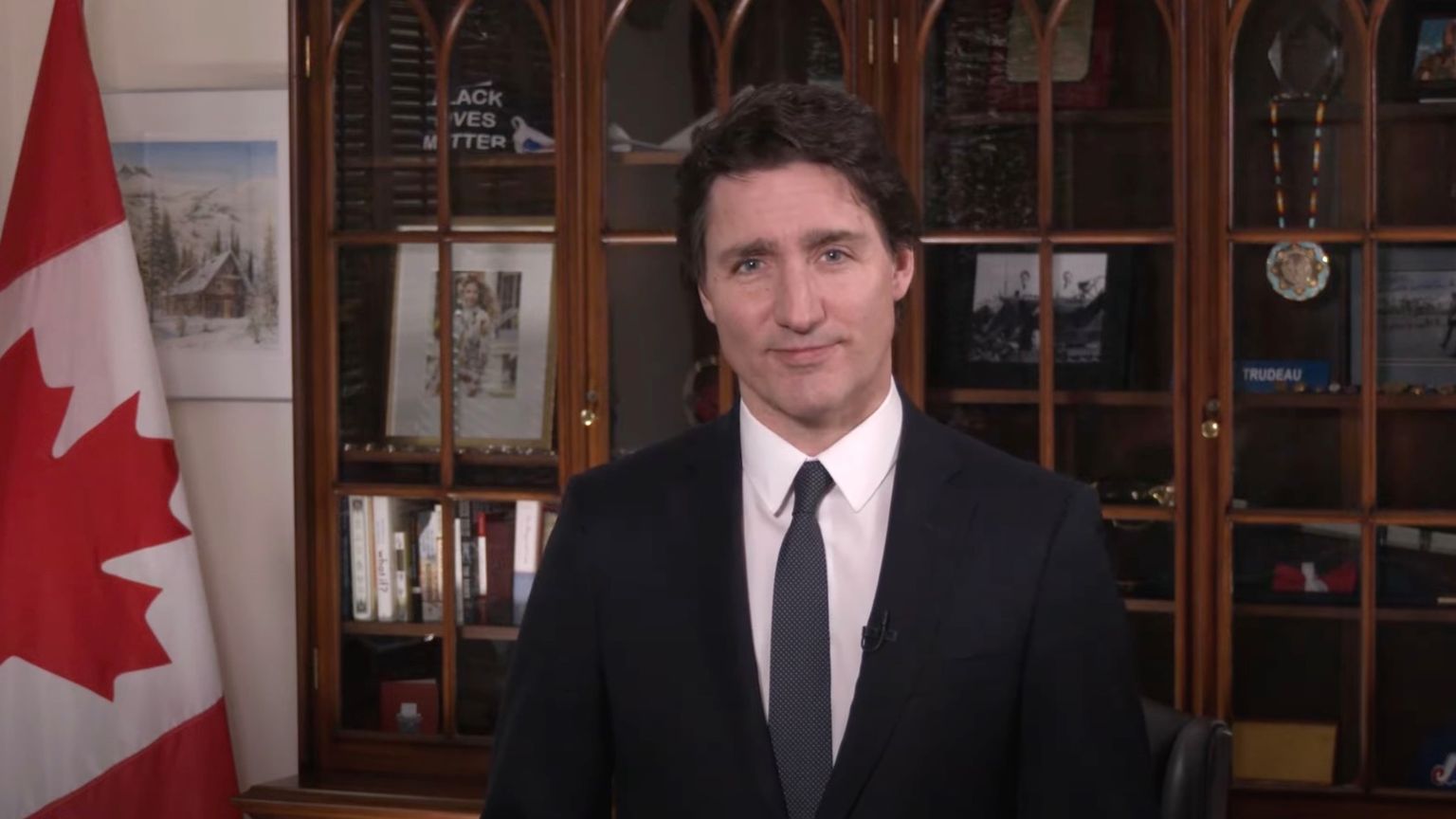Documents that have become available recently and reports based on them, say that in Canada, too, the government is effectively trying to pressure social media sites to remove certain news articles – but apparently, at least in one case, without success.
The case relates to links to a Toronto Sun article that has not been named, and the “request” for censorship came from the the Immigration and Refugee Board of Canada in September 2021.
The board is considered an independent body, but it reports to Canada’s parliament via the immigration minister. The claim made against the article was that it featured “serious errors of fact risking” – and furthermore, it is alleged that this would undermine public confidence in the board’s real or purported independence, and of trust in the system handling refugees.

For now, neither the Board nor the newspaper in question are responding to queries, the Canadian Press outlet said.
As for why Facebook and Twitter – to whom the request was addressed, and who are normally, and particularly at that time, very quick to “pull the censorship trigger” – happened to deny it – it turns out they thought they were able to tell Canada’s government that since the article wasn’t original content on the platform itself, i.e., this was a link, it was none of their business.
(Note the marked difference in the way Twitter handled links to the New York Post story about the Hunter Biden laptop – which proved to be a piece of genuine investigative journalism, but that Twitter ahead of the 2020 presidential election tried its very best to suppress anyway.)
In Canada, the revelation of the fact the staff from the Board thought they could make the two companies censor the article has prompted Toronto Metropolitan University School of Journalism Professor Paul Knox to comment that governments should have no say in what is published where, and that in this particular case, the Canadian authorities ought to apologize for their actions.
“You can’t only have freedom of the press for people you approve of and people you consider to be right,” Knox is quoted as saying, seemingly at risk of sounding like “captain obvious” – at least where true democracies are concerned – but perhaps making a pertinent point, all things regarding Canada’s recent handling of various civil liberties considered.
The Canadian Press report notes that, “documents tabled in parliament detail 214 examples of Ottawa asking for social-media content to be removed between January 2020 and February 2023,” adding that, “companies took down posts about half the time for reasons such as impersonation or copyright violations.”










